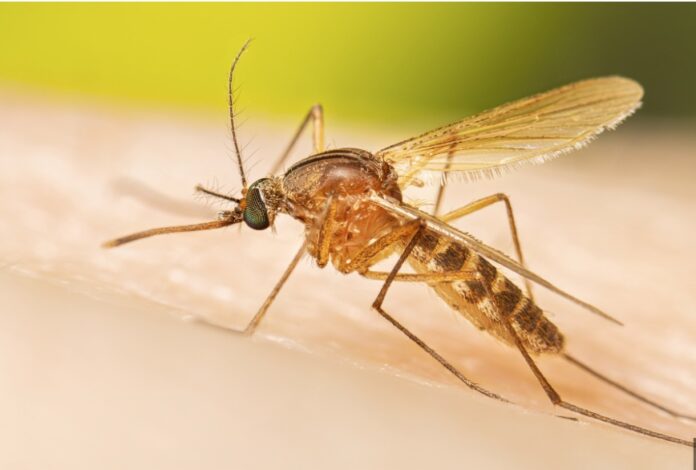×
Warning: The information provided here was generated using artificial intelligence. While efforts have been made to ensure accuracy, the content may contain errors or biases inherent to AI systems.

In East Pierce County, a woman’s recent malaria diagnosis has stirred unease among health officials, marking a potential milestone in Washington’s public health history. Diagnosed on August 2, 2025, she had not ventured beyond the state’s borders, raising the specter of Washington’s first locally acquired malaria case. Now under treatment, her condition is closely watched as authorities scramble to trace the infection’s origins, a task that feels both urgent and elusive.
Malaria, a parasite carried by Anopheles mosquitoes, rarely takes root in the United States outside of travel-related cases. Washington logs 20 to 70 such instances annually, while the nation tallies roughly 2,000 to 2,500, mostly linked to regions like sub-Saharan Africa. Local transmission is a statistical outlier; in 2023, only 10 cases emerged across four states, the first in two decades. If confirmed, this Pierce County case would be a historic first west of the Rockies, a stark reminder of how global diseases can breach local boundaries.
The Tacoma-Pierce County Health Department, alongside the Washington State Department of Health and the CDC, is probing the infection’s source. Their leading theory points to a mosquito that bit a traveler carrying malaria, then passed the parasite to the local woman. To test this, officials have deployed traps to capture and analyze mosquitoes, though declining populations this season offer some reassurance. The effort underscores a broader truth: even in temperate Washington, nature can harbor unexpected risks. Symptoms of malaria—fever, chills, aches, nausea, and exhaustion—can lie dormant for 7 to 30 days before erupting. Left untreated, the disease can turn deadly, but antimalarial drugs like artemisinin combinations or chloroquine can subdue it. The Pierce County woman’s treatment is underway, a small victory in a case that has yet to reveal its full story. Public health officials stress that the risk to residents remains negligible, yet vigilance is key.
Travelers bound for malaria-prone regions face a sharper directive: consult physicians for preventive drugs before departure. These measures, simple yet precise, reflect a community on guard, balancing caution with the reality that this case, while groundbreaking, remains an anomaly.





Comments
No comments yet.